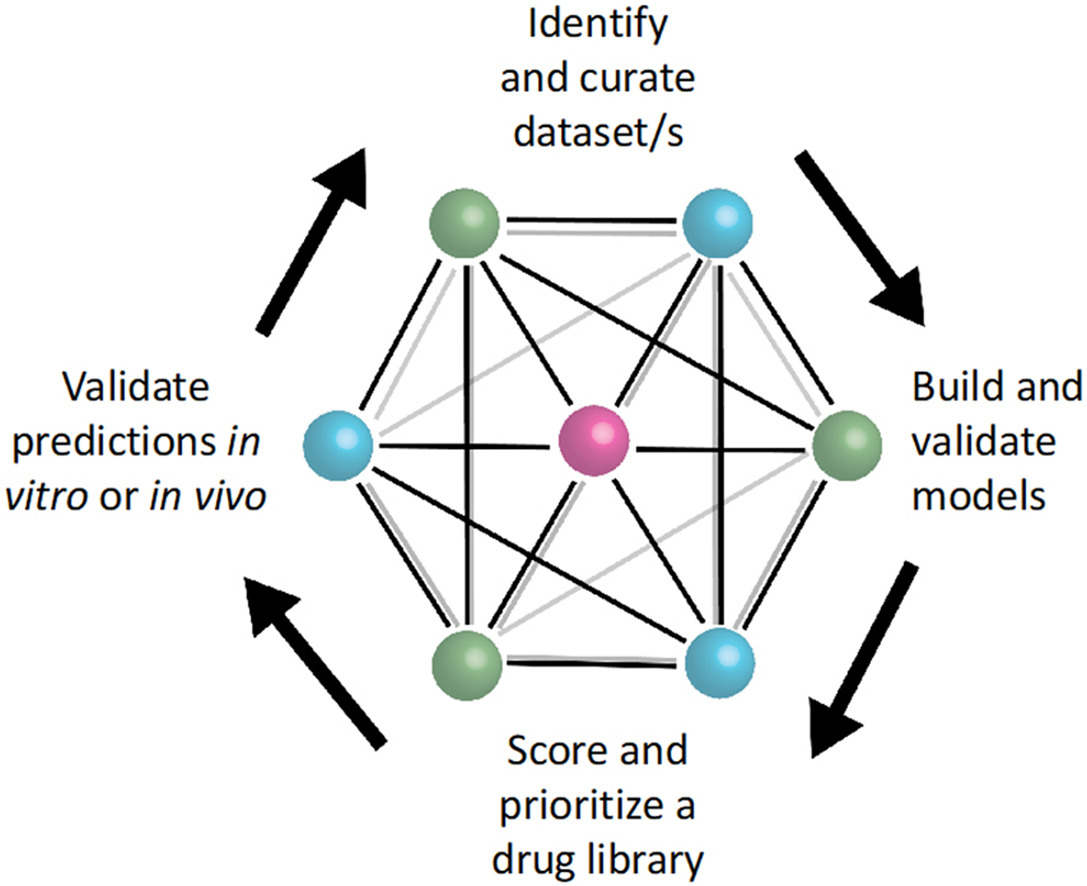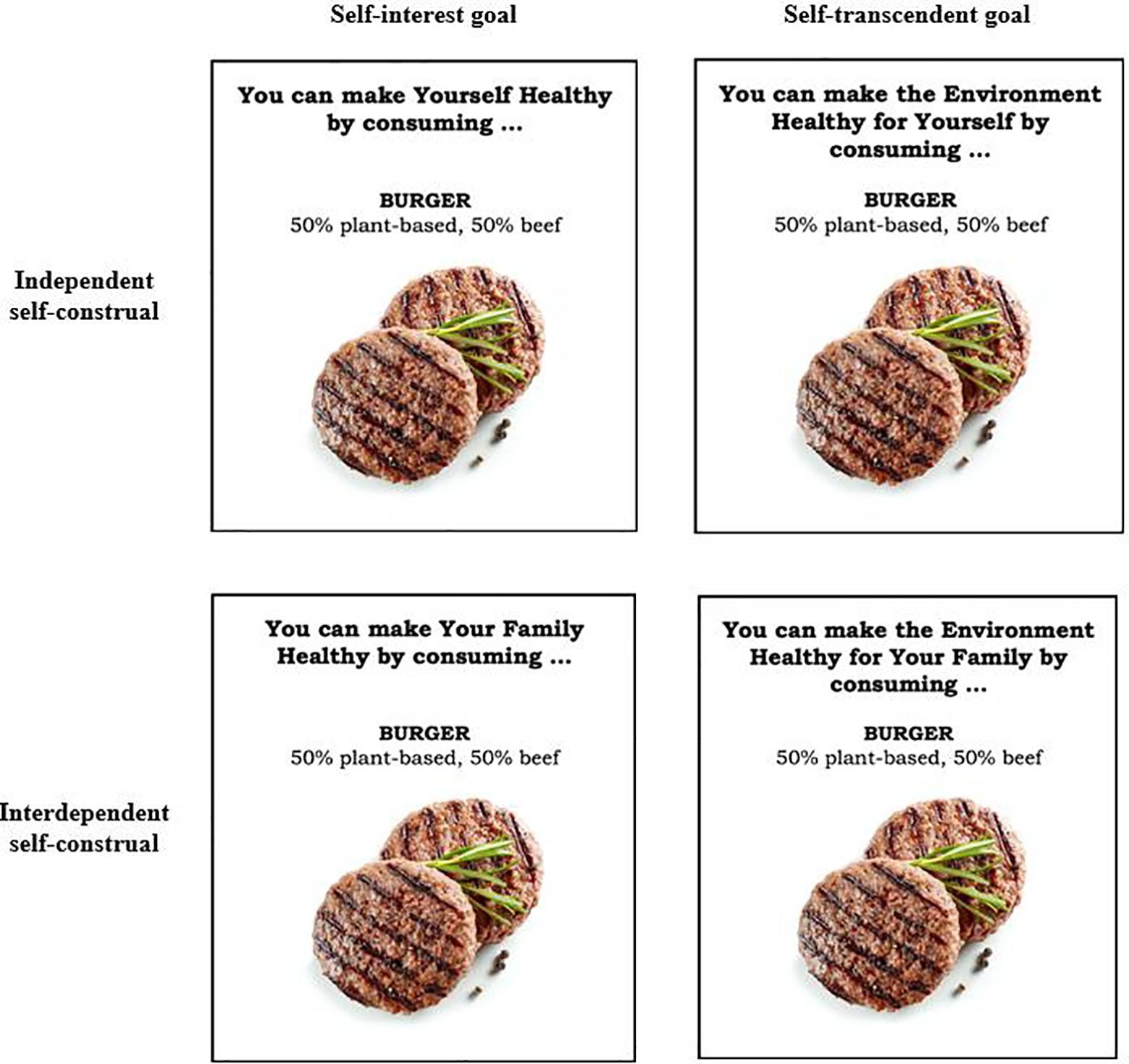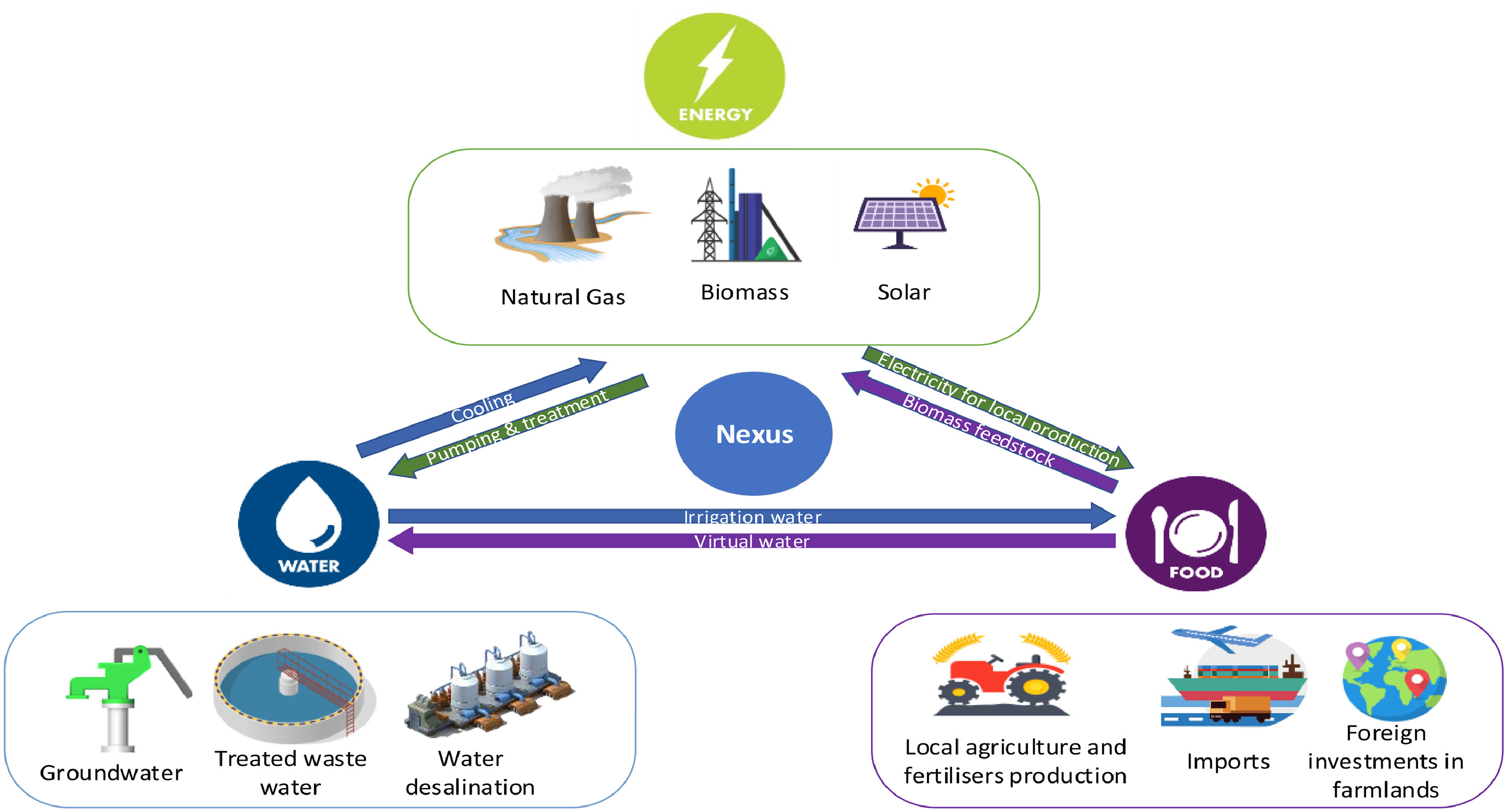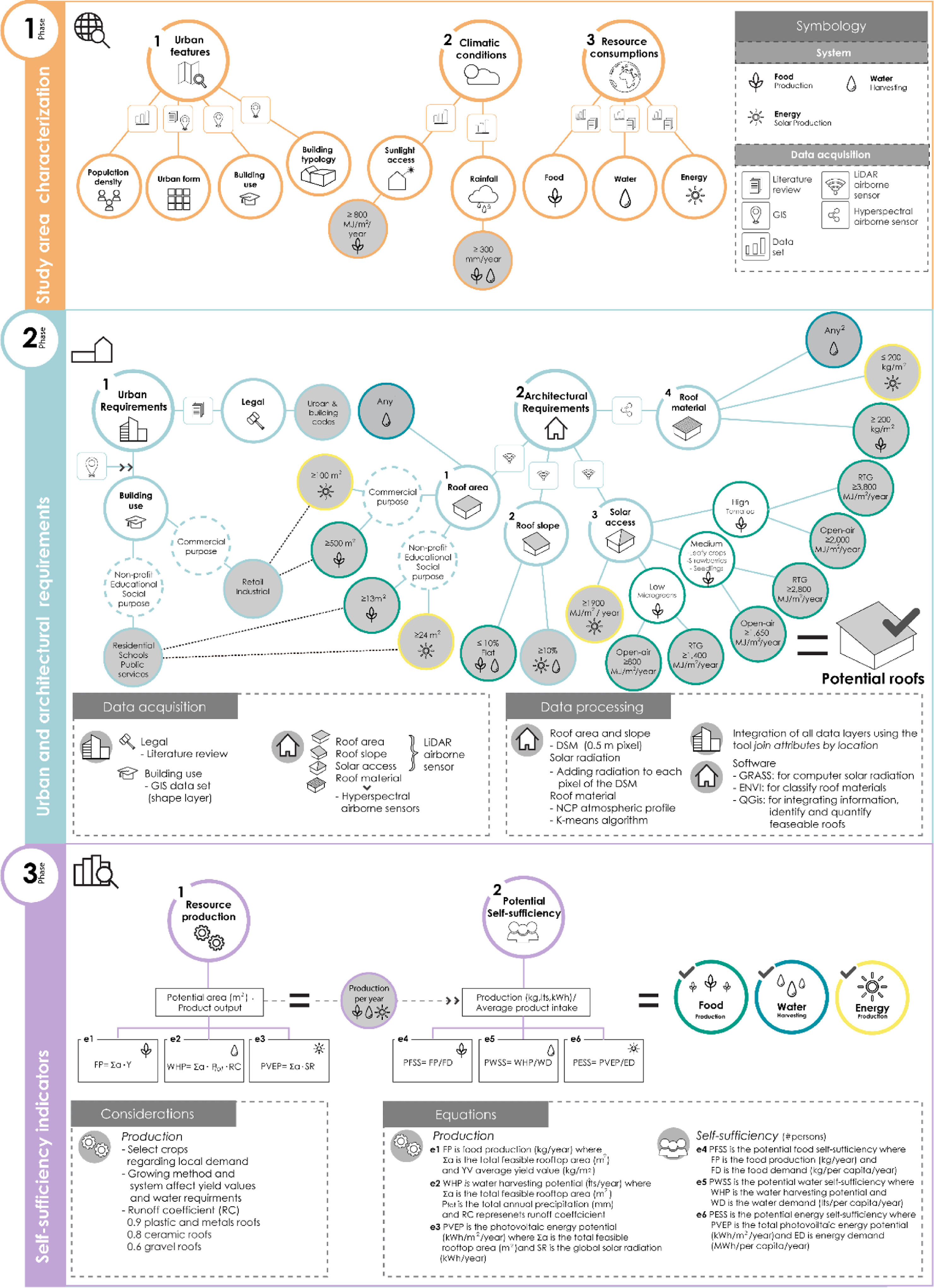Elsevier,
The Lancet Regional Health - Americas,
Volume 7,
2022,
100148
A Review on the advances in health, science, and technology in Peru over the past two centuries, in the context of SDGs 3, 9, and 10, highlighting how health-related challenges, including climate change, will shape national policy to ensure the future health and wellbeing of the population.
Elsevier,
Journal of Responsible Technology,
Volume 9,
2022,
100020,
ISSN 2666-6596
Concern exists over gender (and other) bias embedded in widely-used AI systems and models. Authors built an open-source tool to help detect bias in classification models: helps to show whether or not AI model is unbiased. Aim to contribute towards action to mitigate the socially harmful effect of machine bias.
Elsevier, Current Opinion in Chemical Biology, Volume 65, December 2021
Drug repurposing aims to find new uses for already existing and approved drugs. We now provide a brief overview of recent developments in drug repurposing using machine learning alongside other computational approaches for comparison. We also highlight several applications for cancer using kinase inhibitors, Alzheimer's disease as well as COVID-19.
Elsevier, Food Chemistry: Molecular Sciences, Volume 3, 30 December 2021
Ketogenic diets consist of low carbohydrate/high fat, shifting energy reliance from glucose to ketone bodies. Ketone diester supplement to a standard diet (ketone ester) increases ketone bodies by adding a substance without altering other consumed foods. We evaluated weight, glucose, and ketone concentrations in rats fed ketogenic diet and ketone ester feeds. We hypothesized that these feeds would increase ketones and decrease glucose and weight. We tested 16 male and 16 female Sprague Dawley rats randomly assigned to standard diet, ketogenic diet, or ketone ester for two weeks.
Elsevier, Future Foods, Volume 4, December 2021
In an explorative, cross-cultural survey, we assessed the underlying cultural concepts of meat, evaluated consumer readiness in four groups of study participants from China (20), India (20), Colombia (20), and Switzerland (20). In addition, study participants and lay people around the world used an app to make their own predictions on important future milestones defined by experts in the field, as a contribution towards a crowd-sourced timeline of the future of cultured meat.
Elsevier, Future Foods, Volume 4, December 2021
To feed the world's growing population in the future, there must be a protein transition from animal-based to more sustainable, plant-based sources. Hybrid plant-meat products can bridge the protein-transition and are also focused on nutritional and sustainability aspects. While the addition of powdered proteins changes the texture of meat products, textured proteins have been shown to achieve higher sensorial acceptability.
Elsevier, Food Quality and Preference, Volume 94, December 2021
Transition towards more sustainable diets is imminent and marketers are looking for guidance on type of the advertising appeal that could effectively persuade consumers to buy products that could support this transition, such as hybrid products. While prior research has investigated the value of self-interest/-transcendent goal appeals and independent/interdependent self-construal, only a small number of studies have investigated these factors in combination.
Elsevier, Food Quality and Preference, Volume 94, December 2021
Studies on the drivers of household consumer engagement in various food waste reduction strategies have been limited. We thus address this gap by developing a research model that utilises two well-known theories, namely, the Theory of Interpersonal Behaviour (TIB) and the Comprehensive Model of Environmental Psychology (CMEP), to explain food waste reduction behaviour in household consumers. The model hypothesises positive associations between emotional, social, and cognitive factors and food waste reduction behaviour, as conceptualised using the 3Rs (reuse, reduce, and recycle).
Elsevier, Sustainable Cities and Society, Volume 75, December 2021
Efficient resource management and the development of resilient societies begins with an accurate identification of strengths and weaknesses of systems involved. Conducting a holistic performance analysis considering multiple assessment criteria permits the detection of discrepancies hindering systems productivity. In this study, an integrative assessment tool, based on the analytical hierarchy process (AHP) and the energy, water, and food (EWF) nexus is used to design a decision-making scheme that guides policymakers in establishing national priorities and sectorial strategies.
Elsevier, Sustainable Cities and Society, Volume 75, December 2021
This work established a framework to identify and analyze the technical feasibility of roofs for integrating urban agriculture, rainwater harvesting, and photovoltaic systems using various remote sensing. The framework was applied to a region north of Barcelona. Three levels of solar access requirements for tomatoes, leafy crops, strawberries, and microgreens were established. The case study included compact and disperse urban forms, residential and nonresidential building uses and various building typologies.




